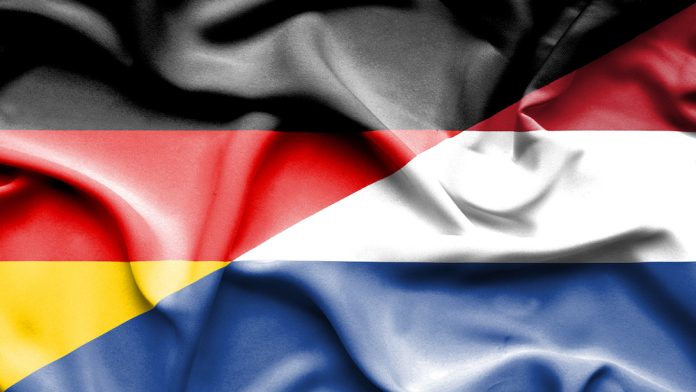René Jansen, Chair of the Kansspelautoriteit, the Netherlands’ Gambling Authority, spoke in Berlin to recognise similarities between the Dutch and German betting markets.
The Dutch betting and gaming industry has expanded exponentially since the revitalisation of the KOA Act, which awarded 10 new licences on 1 October 2021 after it re-regulated the online market.
Since that inception, the country’s market has garnered 20 operators, however this has seen a ‘bombardment of advertising’ according to Jansen, a development which has resulted in some public and political criticism.
Speaking at the Gaming in Germany conference, Jansen noted that operators have adhered to official standards – such as time restraints on gambling advertising and avoidance of marketing to vulnerable groups, and a recent ban on the use of ‘role models’ like footballers in such material.
However, he added that the presence of commercials on radio and television has ‘caused a stir in our society’, with some ‘opinion leaders’ raising concerns about the impact this could have on addiction.
He stated: “The experiences gained during the market opening in the Netherlands might be of interest for the German situation. Here in Germany, too, controversy might arise due to the limited social acceptance of gambling.
“Especially with the upcoming Football World Cup, additional advertising pressure can be expected. New licence holders will want to present and showcase themselves to the general public. This also relates to an important general interest: channelling gamblers from illegal to legal operators.
“Here too, there is a considerable risk of public discontent, which may prompt you to think about additional – and above all preventative – measures. Not only by the government, but also by the sector itself. One possible option here would be overarching agreements made by the sector that aim to control the volume of advertising.”
Public concerns around gambling advertising in the Netherlands have prompted further political action by Dutch authorities, notably from Franc Weerwind, Minister for Legal Protection.
Under current government plans, sports sponsorship for online games of chance along with ‘untargeted advertising’ of such products will be banned by the end of 2025, with the latter set to be prohibited by 1 January, 2023.
Focusing on other market developments, Jansen commented on player protection, encouraging German and other countries’ regulatory authorities to examine the results of the KSA’s report on how duty of care can be prioritised.
On Germany’s player protection measures, he said: “Strikingly, Germany has chosen a gambling limit of €1,000, applied over all licence holders. To my knowledge, Germany is the first country in Europe to decide on such a strict limit.
“It will be interesting to see how this works in practice and whether it will have an effect on channelling gamblers and how effective it will be to prevent gambling addictions and financial harm.”
However, he asserted that the betting operators have ultimate responsibility for player protection, stating that ‘gambling is not just another product’ and that operators must hold responsibility for preventing problem gambling.
“I am not telling you anything new when I say that the gambling sector does not exactly have a rosy image,” the Chair continued. “Legal operators face an important challenge here. Trust is something that needs to be built.
“We must realise that trust takes years to build and just a moment to shatter. Or to translate literally from the Dutch proverb: trust arrives on foot and leaves on horseback.”
Jansen ended his speech by wishing good luck to the Gemeinsame Glücksspielbehörde der Länder (GGL), Germany’s newly formed gambling regulator, established as a provision of the Fourth Interstate Gambling Treaty (GlüNeuRStv).
Earlier this month, Jansen spoke of the Dutch Gaming Authority’s duty of care at the European Association for the Study of Gambling in Oslo, stating that the behaviour of gambling providers “leaves a lot to be desired”.













